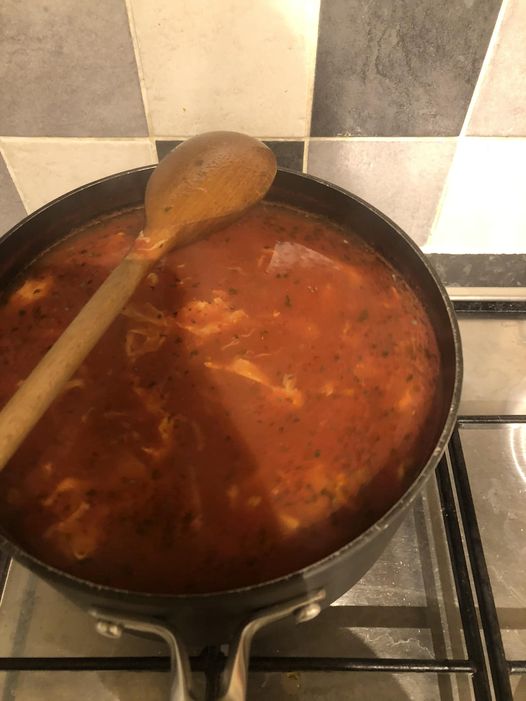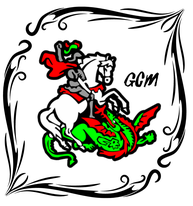Nutrition and Mental Health Part 5.1 - Neurotransmitters
The brain is a nutrient-hungry organ, and every hour, more than 60 litres of blood passes through the brain (approx. 1 little per minute). In a way, all the nutrients from the meals we ate are received by our brains, via the bloodstream. so we really are what we eat. Some of those nutrients are used by our brain in order to build neurotransmitters (the most well-known is probably serotonin, an important neurotransmitter with a role in regulating sleep, learning, mood, memory, and appetite).

The neurotransmitters are the body's chemical messengers, molecules used by the nervous system to send messages between neurons, or from the neurons to muscles. The micronutrients are not only important because they create neurotransmitters, but they are also helping the mitochondria (the energy organelle of our cell) to create ATP (adenosine triphosphate). The citric acid cycle (the Krebs cycle) is completely reliant on the micronutrients from food to function and produce ATP.
Just a side note, ATP (adenosine triphosphate) is an energy-carrying molecule, found in our cells. The ATP captures chemical energy obtained after breaking the nutrients and can release it later to fuel other cellular processes. The Krebs cycle is the second major step in oxidative phosphorylation. As glucose breaks into smaller 3-carbon molecules, the Krobs cycle transfers energy from those molecules to electron carriers, using the electron transport chain, to produce ATP.
Back to our business, the brain is the most metabolically active organ in our body, constantly and disproportionately demanding nutrients and oxygen. Yes, we use a part of the food nutrients to build a strong musculoskeletal system, and a cardiovascular system too, but primarily, we live to feed the brain, which is responsible for how we smell, hear, see, taste, think, feel, learn, remember, create and process information.
But our brain is dependent on our brain metabolism (as we all may already know, the metabolism is the transformation of one compound into another, and not only in the brain but also in every other organ in our body, different compounds and chemicals go through multiple conversions). Simply saying, we go from chemical A to chemical B. But for every conversion or metabolic change, you need also enzymes and cofactors. Deep into the biochemistry rabbit hole we go!
Enzymes are the tools needed to assemble the components like you do when you build a car. The minerals and the vitamins are the factory workers, so, without them, the work stops, with more of them, the work is done faster. Let's do some case studies! You may have heard of tryptophan, a molecule found in milk, which can be converted into serotonin (that neurotransmitter responsible for happiness and well-being). Remember how our nan used to say that a glass of warm milk in the evening is gonna change your life, she was right all the way. We cannot eat serotonin, but we can have the next best thing, tryptophan, instead. Still, for this one to be converted into serotonin, we need three minerals - iron, phosphorus, and calcium, and one vitamin - B6. For the serotonin to break down we need one trace mineral - molybdenum, and two vitamins B - niacin and riboflavin. To break down the tryptophan, we need five minerals - calcium, potassium, iron, zinc, and copper, and three vitamins B - niacin, thiamin, and riboflavin. As you can see, just for this one biochemical pathway, we need a lot of different vitamins and minerals. Eleven micronutrients, to be exact, and since serotonin is so important for mental health, we want peak performance, 24/7 for every one of these metabolic steps. Similar performance is required for the other neurotransmitters (dopamine for attention, adrenaline for fight or flight response, GABA to help relax). A broad spectrum of micronutrients is necessary for optimal brain metabolism, so you can see why it is so important to eat good quality food. There is no one magic ingredient to optimize brain function, you need all of them, in synergy, to work together.

I stop here now, to get my optimal sleep, see you again tomorrow.
George